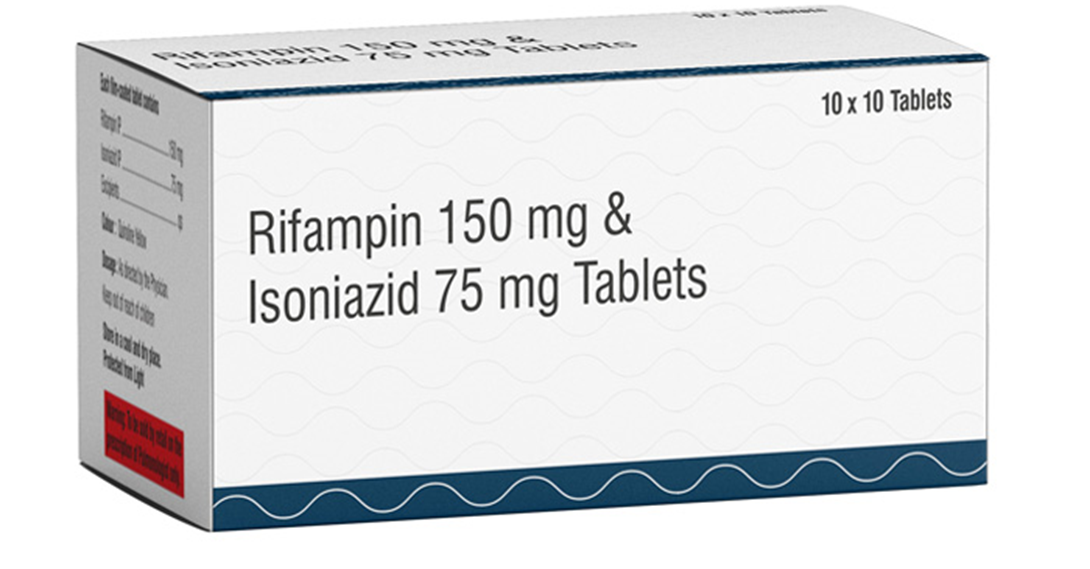An adult exposed to tuberculosis is scheduled to begin prophylactic treatment with isoniazid. Which information is most important for the nurse to note before administering the initial dose?
Conversion of the client's PPD test from negative to positive
History of intravenous drug abuse
Current diagnosis of hepatitis B
Length of time of the exposure to tuberculosis
The Correct Answer is C
Choice A reason: Conversion of the client's PPD test from negative to positive is not the most important information for the nurse to note, as this is an expected finding for a client who has been exposed to tuberculosis and does not affect the administration of isoniazid. This is a distractor choice.
Choice B reason: History of intravenous drug abuse is not the most important information for the nurse to note, as this is not directly related to the use of isoniazid and does not contraindicate its administration. This is another distractor choice.
Choice C reason: Current diagnosis of hepatitis B is the most important information for the nurse to note, as this can increase the risk of hepatotoxicity and liver damage from isoniazid, which requires close monitoring and possible dose adjustment. Therefore, this is the correct choice.

Choice D reason: Length of time of the exposure to tuberculosis is not the most important information for the nurse to note, as this does not influence the dosage or frequency of isoniazid and does not indicate any complication or adverse reaction. This is another distractor choice.
Nursing Test Bank
Naxlex Comprehensive Predictor Exams
Related Questions
Correct Answer is B
Explanation
Choice A reason: Recommending the use of support stockings to enhance venous return is not a priority intervention for the nurse, as this does not address the underlying cause of the peripheral edema, which is fluid overload due to inadequate dialysis. This is a distractor choice.
Choice B reason: Ensuring the client receives frequent small meals containing complete proteins is a priority intervention for the nurse, as this can help improve the client's nutritional status and increase their serum albumin level, which can reduce fluid leakage into the interstitial spaces and decrease edema. Therefore, this is the correct choice.
Choice C reason: Evaluating patency of the AV graft for resumption of hemodialysis is not a priority intervention for the nurse, as this is not feasible at this point since the AV graft is no longer available to use. This is another distractor choice.
Choice D reason: Instructing the client to continue to follow the prescribed rigid fluid restriction amounts is not a priority intervention for the nurse, as this does not address the root problem of inadequate dialysis and low serum albumin level, which are contributing to fluid overload and edema. This is another distractor choice.
Correct Answer is D
Explanation
Choice D reason: frequent exposure to sunlight is the most significant environmental factor when planning care for a client with osteomalacia. Osteomalacia is a condition in which the bones become soft and weak due to inadequate mineralization, often caused by vitamin D deficiency. Vitamin D is essential for calcium absorption and bone health, and it can be synthesized by the skin when exposed to sunlight. The nurse should encourage the client to get at least 15 minutes of sunlight per day or take vitamin D supplements as prescribed.
Choice A reason: quiet, calm surroundings are not a specific environmental factor for a client with osteomalacia. Quiet, calm surroundings may help reduce stress and promote relaxation, but they do not affect bone mineralization or vitamin D synthesis.
Choice B reason: stimulating sounds and activity are not a specific environmental factor for a client with osteomalacia. Stimulating sounds and activity may help improve mood and cognition, but they do not affect bone mineralization or vitamin D synthesis.
Choice C reason: cool, moist air is not a specific environmental factor for a client with osteomalacia. Cool, moist air may help relieve respiratory symptoms or allergies, but it does not affect bone mineralization or vitamin D synthesis.
Whether you are a student looking to ace your exams or a practicing nurse seeking to enhance your expertise , our nursing education contents will empower you with the confidence and competence to make a difference in the lives of patients and become a respected leader in the healthcare field.
Visit Naxlex, invest in your future and unlock endless possibilities with our unparalleled nursing education contents today
Report Wrong Answer on the Current Question
Do you disagree with the answer? If yes, what is your expected answer? Explain.
Kindly be descriptive with the issue you are facing.
